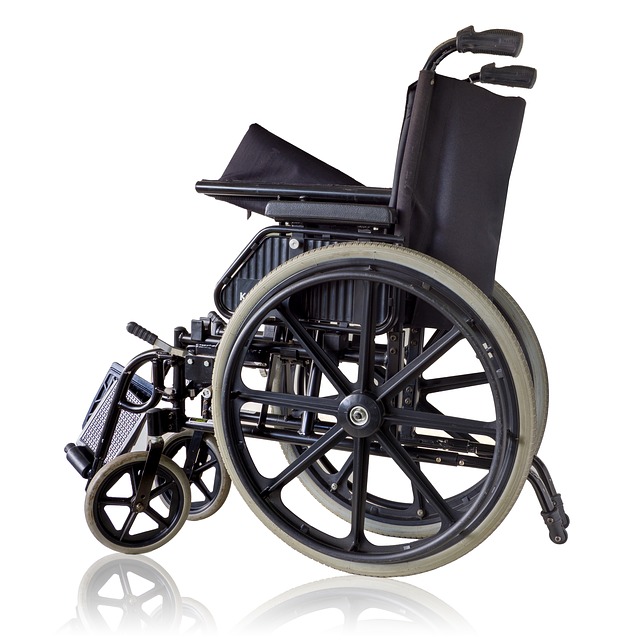
Can a disabled injured person claim for the predicted cost of accommodation or only the actual costs after they have been incurred?
Under German law, a person who is impaired by an accident is entitled to adequate housing. The extent and amount necessary for adequate housing depends on what an impaired person would reasonably require. This can be determined by an expert, who will be appointed by a German court.
However, a difficult and strongly debated question under German law of torts is whether the injured person may only claim compensation for costs he or she has actually incurred (reimbursement approach) or whether the injured person is entitled to request a lump sum payment for necessary measures, even if actual costs have not (yet) been incurred, based on sec. 843 (3) German Civil Code (for details see German Supreme Court ruling of 19 May 1981, published in NJW 1982, p. 575; also see Münchner Kommentar zum BGB, Band 5, Auflage 6, § 842, Rd. 66 and Rd. 77).
Those in favour of the “lump sum approach” argue that German law does accept the concept of so called “fiktive Pflegekosten” (fictitious costs for home help), i.e. the market value of such home help (usually between EUR 7 and EUR 10 per hour, depending on the cost of living in the area where the Claimant lives) must be paid by the injurer regardless of whether the injured person actually hires paid help or whether a relative or friend provides such help without remuneration. Thus, costs which are objectively necessary for modifying an existing or buying another house must also be compensated by the wrongdoer, regardless of whether and when the impaired person actually incurs these costs.
The mainstream opinion amongst German litigation lawyers seems to be, however, that under German law, notional costs cannot be claimed. Consequently, a Claimant can only request reimbursement of the amounts he or she has actually spent on housing (repair, modification, new purchase etc). This view is supported by legal literature (e.g. Gerhard Küppersbusch “Ersatzansprüche bei Personenschaden” [“Claims in the case of personal injury”] 10th edition 2010) as well as by case law (Higher Regional Court Hamm, ruling published in VersR 2003, 780).
So, what actual costs can an impaired person claim under German law of torts?
Here are some examples:
- If a new apartment is rented, which better suits the individual’s needs, then the additional rental costs must be reimbursed. It may get difficult, however, if this new apartment has additional advantages (e.g. more rooms for other family members). Then, there may be a reduction.
- In case an existing house is remodelled to meet the special requirements of an impaired person, the reasonable and adequate remodelling costs must be reimbursed. The above re-additional advantages does apply here as well: modification of a house or flat usually leads to an increased value of the same, which then again must be set off (this was also discussed in the Supreme Court ruling of 1981)
- In case a new house is built or another house is bought, a German court would verify whether the impaired person has obeyed his duty to keep the damage at a minimum (obligation to mitigate losses), i.e. if it would have been less cost-intensive to rent an adequate house, especially since leasing an apartment or even a house is much more common in Germany than it is in the UK. However, even if the Court is convinced that buying or building another house was necessary, then it is very difficult to calculate the exact amount which must be compensated by the injurer, because this new house will often have a higher value. This extra value of the new house compared to the previous house is not recoverable and must be deducted from the claim. Thus, one must differentiate between the increase of value and the necessary and reasonable costs caused by the accident. These are difficult issues which usually involve a number of experts.
– – –
The law firm Graf & Partners was established in 2003 and has many years of experience with British-German and US-German legal matters.The Anglo-German litigation lawyer team of GP Chambers is well equipped to advise and represent clients from the UK and other English speaking countries. If you wish us to advise or represent you in a German or cross border case, or if you need an expert report on German law, please contact German lawyer Bernhard Schmeilzl, LL.M. (Leicester), managing partner and head of the litigation department. Bernhard is also frequently asked by British and US Courts and Tribunals or by legal counsels to provide expert reports and legal opinions on German law.
